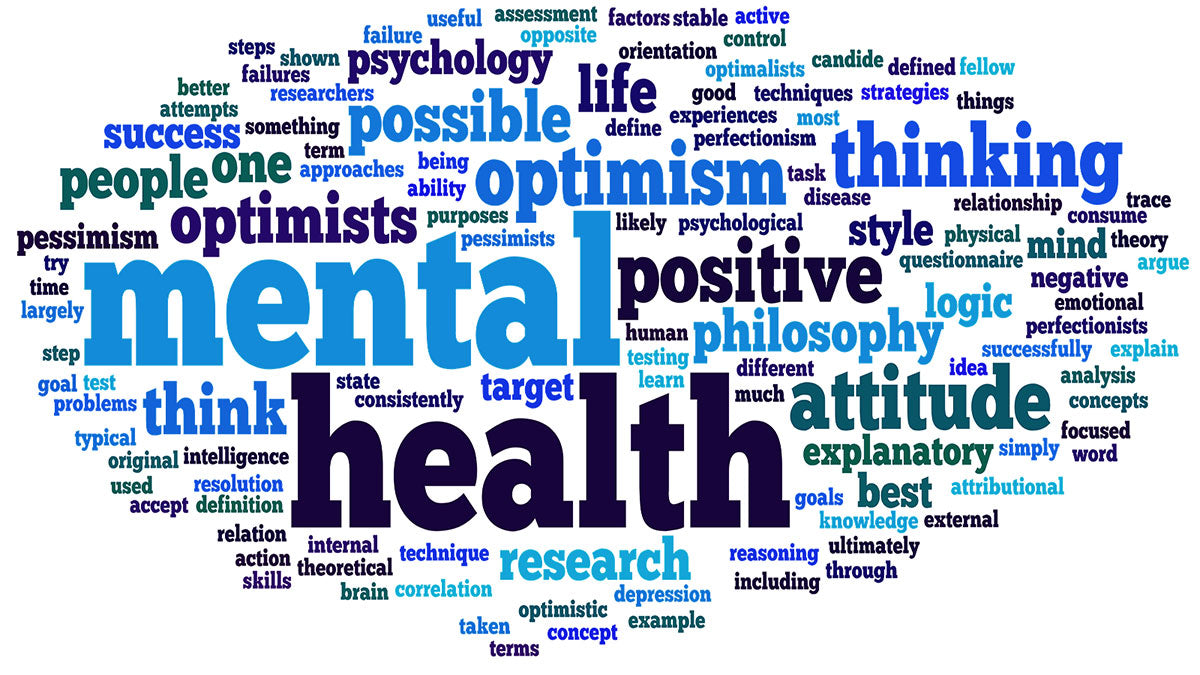Mental health resources everyone should know about
By: Kimberly Meehan, NP
Imagine this: you’ve been pushing through for months, maybe even years, feeling like something isn’t quite right. You’re managing, sure, but there’s a constant undercurrent of anxiety or sadness that follows you everywhere. Maybe you're losing patience quicker than you used to, or your motivation just isn’t what it once was. You tell yourself it’s probably just a rough patch, and you can handle it on your own. But deep down, you wonder if life really has to feel this hard. This is the moment when many people start to realize that they might need support, and that realization is powerful. Taking action now could be the beginning of a path toward healing and clarity and what I tell my clients, feeling more like themselves again.
Seeking help for mental health is a brave and vulnerable decision. It’s so common to feel like you have to manage everything on your own or that reaching out for help means you’re somehow failing. The truth is, we all hit points where we need someone outside of our situation to guide us, listen, and provide professional advice. You wouldn’t hesitate to seek medical care for a physical illness; mental health is no different. Talking to a therapist or psychiatrist can provide relief, validation, and new tools to navigate the complexities of life. It is the best version of self care and personal growth that exists. So, if you've been feeling stuck, consider this your permission to take that first step toward getting help.
When to Consider a Therapist
Therapists, such as licensed counselors (LPC, LMFT) , social workers(LICSW), and psychologists (PsyD, PhD), offer a safe space to unpack the emotions and challenges that life throws your way. If you’re struggling with ongoing stress, anxiety, relationship issues, or life transitions, seeing a therapist could be the right step for you. Therapy isn’t just for crisis moments; it’s for anyone who wants to understand themselves better and work through the day-to-day hurdles that can feel overwhelming. A therapist helps you take action, offering strategies to manage difficult emotions and guiding you to make choices that improve your well-being. It is not a sign of weakness, in fact, it’s quite the opposite in showing a strength to grow and push yourself in other ways.
When to Consider a Psychiatrist
Sometimes, talk therapy alone may not be enough to lift the weight you’re carrying. Psychiatrists or Psych NP’s (like myself) are medical doctors who specialize in diagnosing mental health conditions and prescribing medication when needed. If you’ve tried therapy and feel like you’re still struggling with severe symptoms like unrelenting anxiety, depression, or mood swings, seeing a medication provider might be the right next step. Psychiatrists work in tandem with therapists, and they focus on adjusting brain chemistry to help alleviate symptoms, giving you the balance and stability needed to engage more fully in your life and your therapy.
In my own practice, I also focus on helping clients align with more holistic wellness strategies such as prioritizing their sleep, movement, and nourishment. Sometimes these things can have just as much impact on your mood as a medication, and are key to stabilizing in addition to therapy and medication. Making these changes on your own can be hard, which is why I value helping my clients focus on things they can modify within their control.
How to Find a Provider
Finding a mental health provider can feel like a daunting task (Tbh it’s kind of like dating), but there are practical ways to get started. Begin by talking to friends or family members who have sought help and ask for recommendations for who they see. You can also explore directories like Psychology Today,, Headway or Zencare which let you search for therapists and psychiatrists based on your location and specific needs. Many people also reach out to their insurance company to see if there are in-network providers available. While these searches take time, think of it as an important investment in your health—finding the right person could make all the difference in your healing journey.
It’s also normal if the first person you try doesn’t mesh well. There are dozens of modalities of therapy, some are more directive and action based (CBT, DBT) and others are more process based (psychodynamic, relational, psychoanalytic). Others are more specific depending on what you want to focus on. If the first time you tried therapy it didn’t feel helpful, that doesn’t mean it won’t help. Try a new provider and try a different modality. Think of it like dating, and know that you need to be comfortable with who you are seeing.
Ask a provider these questions:
-
What is it like working together?
-
What modalities do you use and what does that mean for me?
-
What can I expect out of our sessions?
-
What does progress mean to you?
Understanding Mental Health Insurance Coverage
One thing that surprises many people is that it’s common for mental health providers not to accept insurance. The good news is that many providers can help you access your out-of-network benefits. By submitting the proper documentation, you may be able to get partial reimbursement for the services you receive. It takes a bit of extra effort, but this option can make high-quality care more affordable and accessible, opening the door to the support you deserve.
I’m here to help you during your mental health journey: As a psych NP who goes to therapy myself, I know how challenging it can be to get started and to stick with it. But I promise you, once you find the right fit, you’ll see growth in yourself that you never new possible.
Email me or Follow me on instagram for more support and tips!


